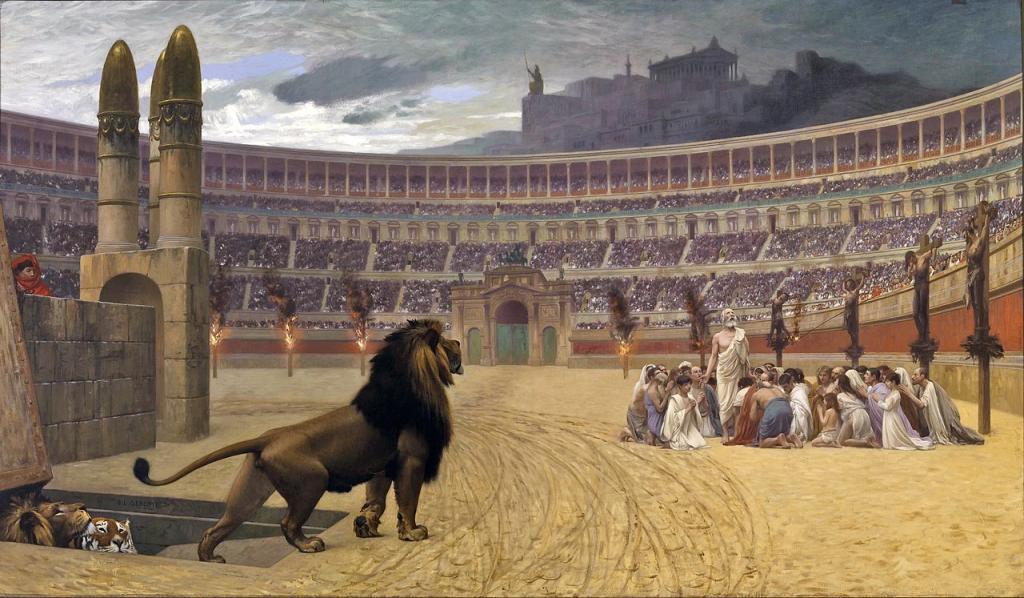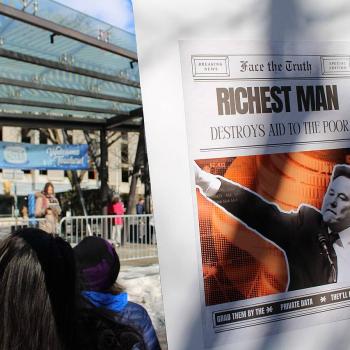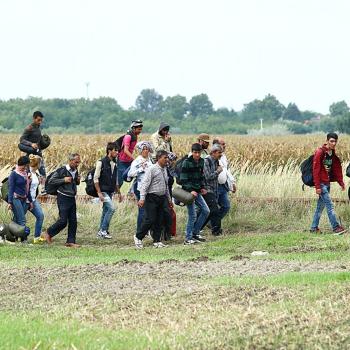
President Trump has appointed a task force to investigate and root out bias against Christianity in the U.S. Is there any good reason for that?
First of all, IF American Christians face persecution at any level they should celebrate it—so long as it is FOR being genuinely Christian (Christlike). The Apostle James told Jesus’s followers that they would face persecution for being his followers and that they should count it all joy.
Second, for American Christians to claim they are persecuted, in this country, is bizarre compared with the real persecution Christians face in many countries. Sure, there may be what we might call “micro-persecutions” in some places in America, but they hardly justify a government investigation or campaign to protect Christians, in America.
Third, there are subtle but definite incidents of bias against Christianity in a few places in American culture, especially in education and the mass media. These amount to light ridicule and/or exclusion, and occasional misrepresentations of Christianity.
My answer is no, whatever “persecution” of Christians or bias against Christianity exists in American society does not justify government intervention.
But, beyond that, what I want to say to American Christians is this: Focus more on how, when, and where Christians persecute others. The gospel does not call us to persecute anyone, period. Exclusion from a Christian community is not persecution. Even the Freemasons have membership rules. But Christian persecution of others rears its ugly head when Christians look outside their own communities to other Christians or non-Christians to harm them because they are not Christian or Christians in the same way.
A harmless but strange religious cult (sect, alternative religion) applied for permission to build a worship center in a former cornfield in a suburb of a major metro area in the Upper Midwest. Christians led a campaign to deny that permission. Some Protestant Christians openly admit to despising the Catholic Church and misrepresent Catholics of, for example, “worshiping food.” Exclusion using misrepresentation is common among conservative Christians in America, especially evangelicals. I have experienced that. If you are perceived as semi-heretical or “heterodox” or “revisionist” you are likely to be criticized to the point of suffering loss of position by some powerful, influential evangelicals. This happened to my friend Clark Pinnock.
*Note: If you choose to comment, make sure your comment is relatively brief (no more than 100 words), on topic, addressed to me, civil and respectful (not hostile or argumentative), and devoid of pictures or links.*
















